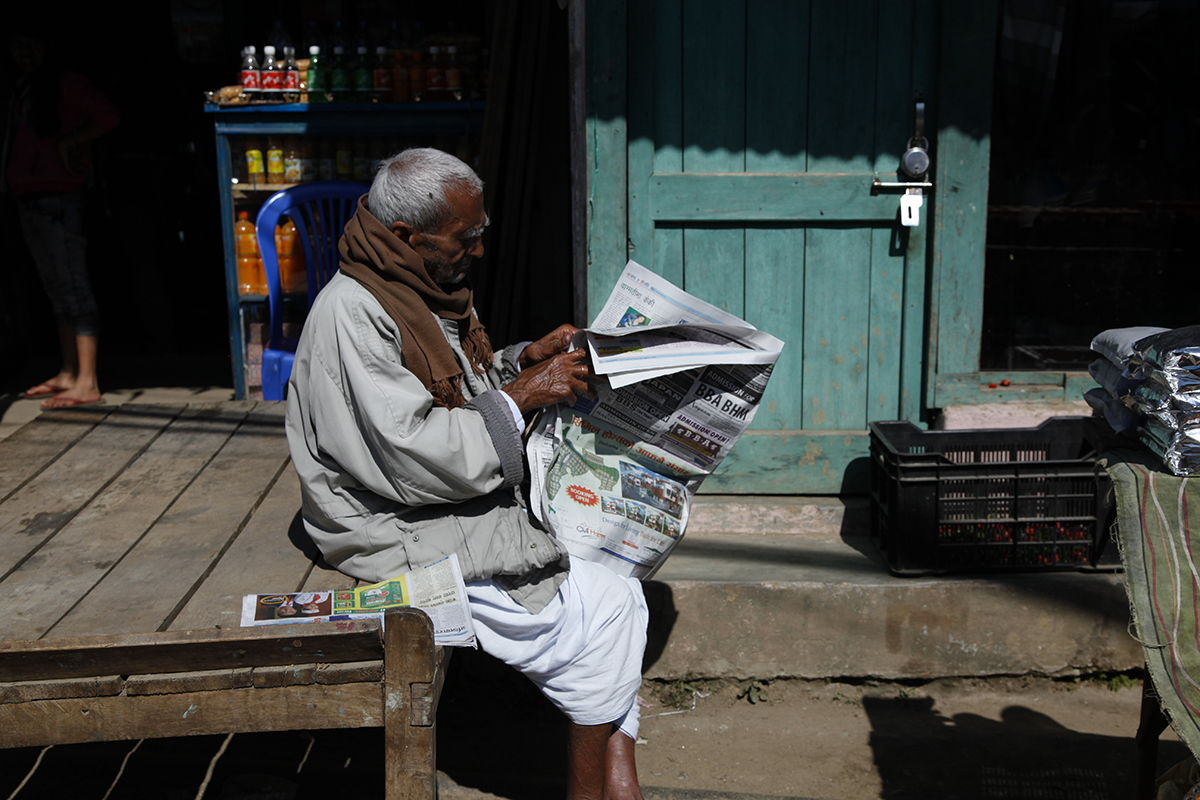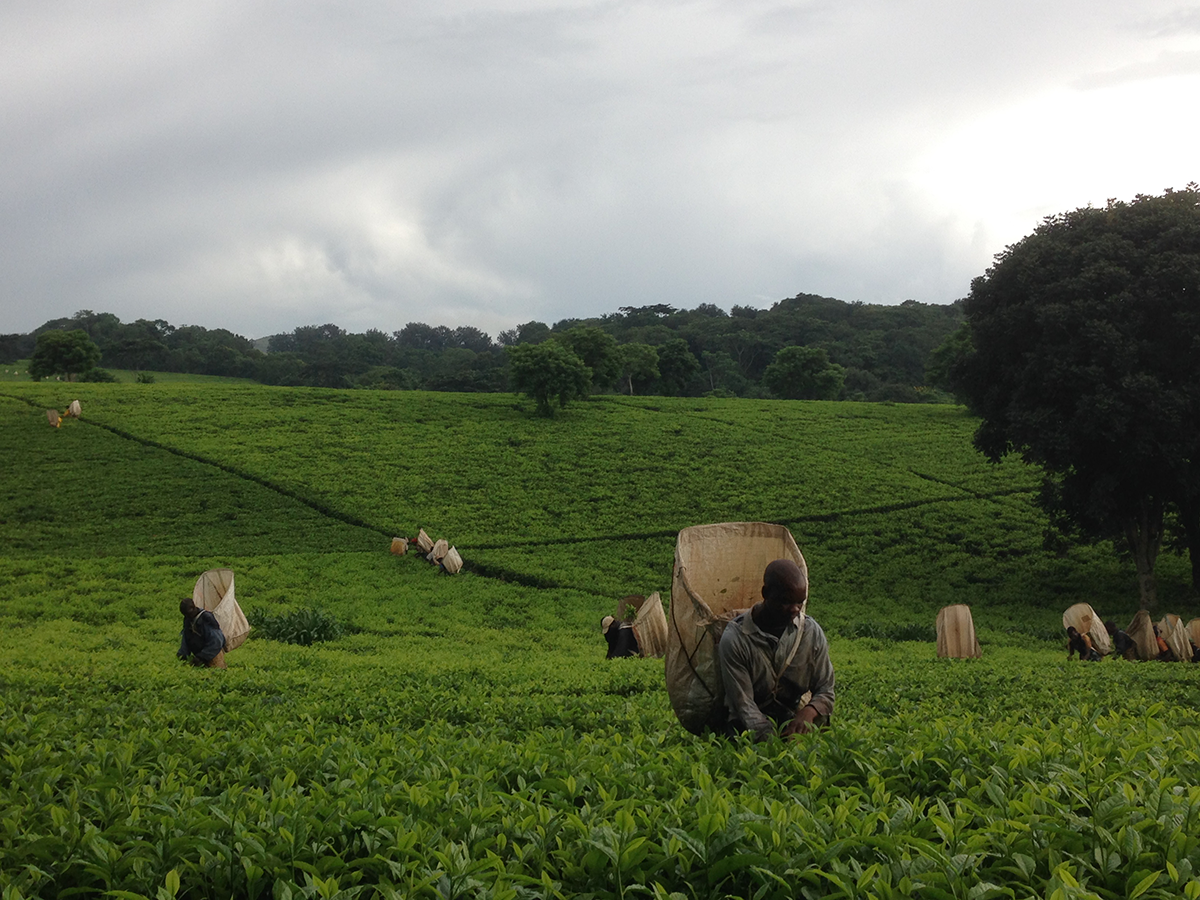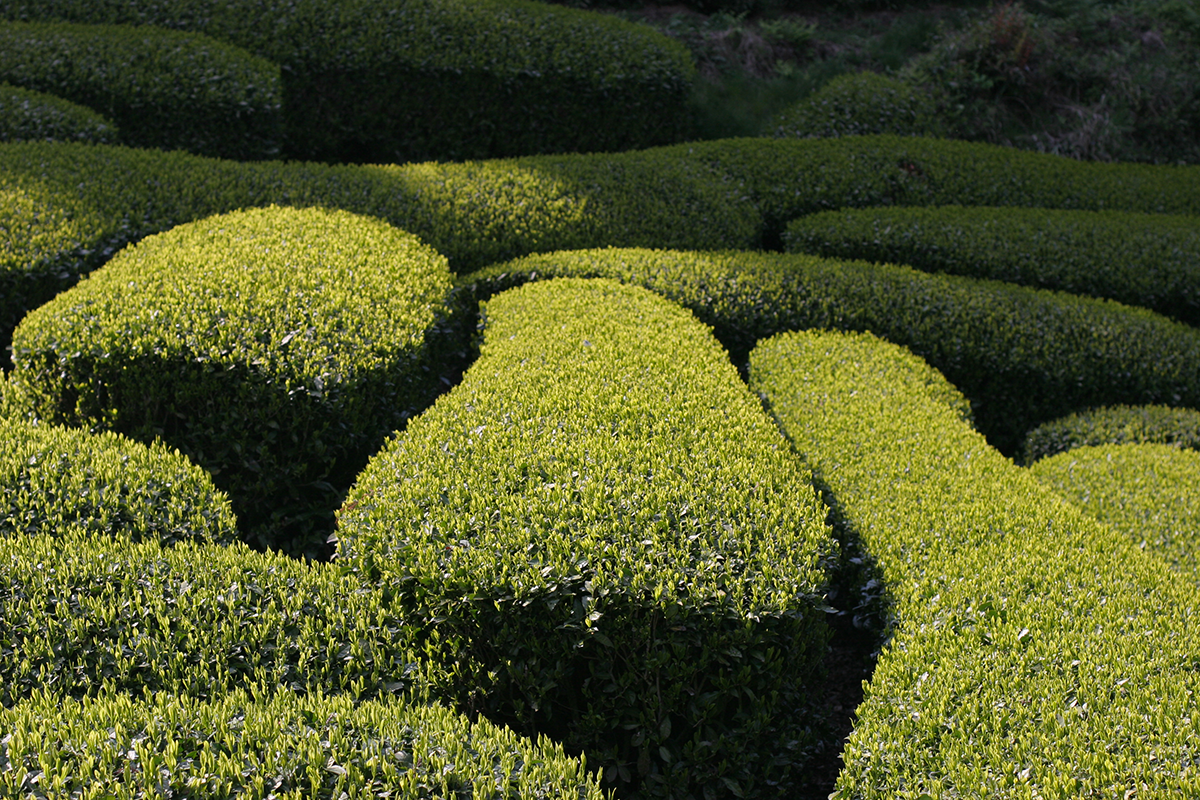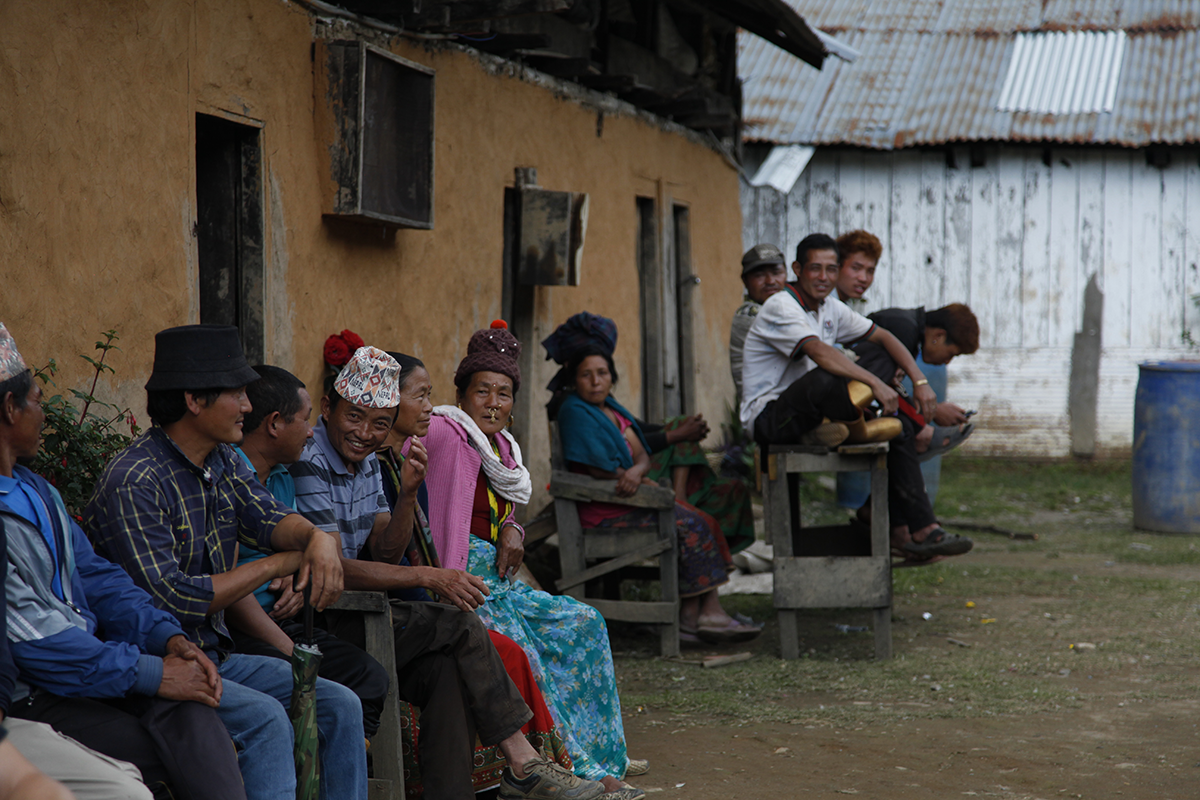Tea and paper don’t get on at all well when broken leaves are imprisoned in a cellulose bag and added to a cup with hot water, which we’re told is tea. On the other hand, tea and literature are an inseparable couple, and many writers have dipped their pen in the ink of tea. What could be more pleasurable for a reader than to enjoy one’s newspaper or novel with a teapot at one’s side? I hope you have a wonderful summer.
ARCHIVE FOR July 2018
Teas worth seeking out
Africa produces enormous quantities of tea – did you know that Kenya is the world’s biggest exporter? It’s mainly low grade, destined for the production of tea bags. But if you look carefully, you can find some incredible teas in countries such as Kenya, Rwanda, Uganda and Malawi. Discovering rare teas in Africa, Asia and elsewhere is what my job is all about. It’s a job that is constantly changing from one season to the next, one year to the next. No two harvests are the same. You must taste again and again, season after season, to find the best teas of the moment.
High-precision mechanical harvesting
In most tea-producing countries, tea leaves are harvested by hand. Japan is an exception, the main reason being the high cost of manpower. However, the sophisticated machinery used by Japanese farmers allows them to be very precise when harvesting. Only the young shoots are picked, which are then sorted with the most rigorous standards, in the factory, using machines with electronic eyes.
A farm on a human scale
Some teas are produced on a vast estate with up to a thousand people living on it. Some are produced by a co-operative of small producers. And some are produced on a simple farm, like here, at Pathivara. Different farms have different social structures, and I prefer the ones on a human scale. A far cry from the cliché of the planter living cut off from the world in a magnificent bungalow (inherited from the days of British rule), when tea is produced on a farm, villagers often spend the evening there too. They sit around together, chatting, chatting, chatting. Sometimes they drink, sometimes they play music, sometimes they dance. It’s life, quite simply.




